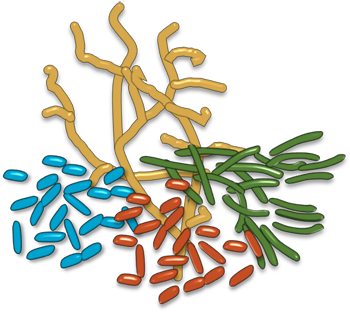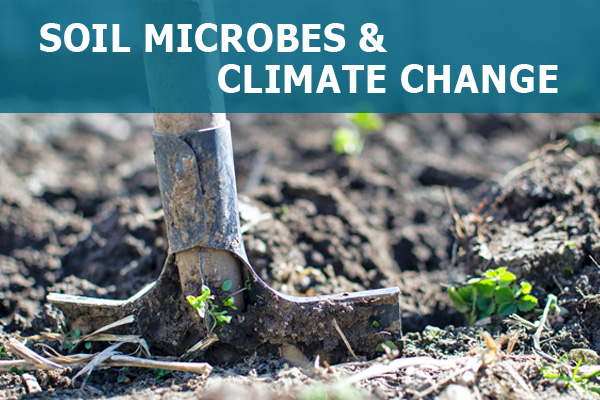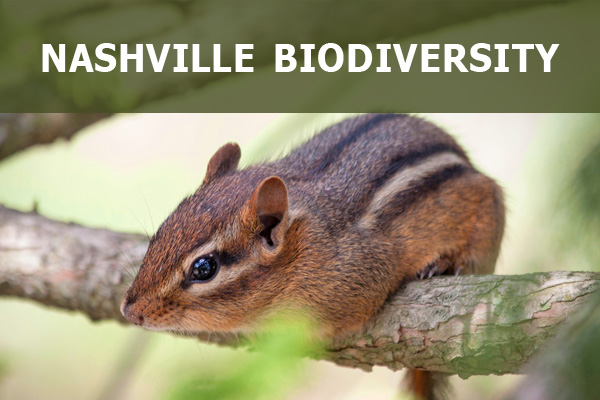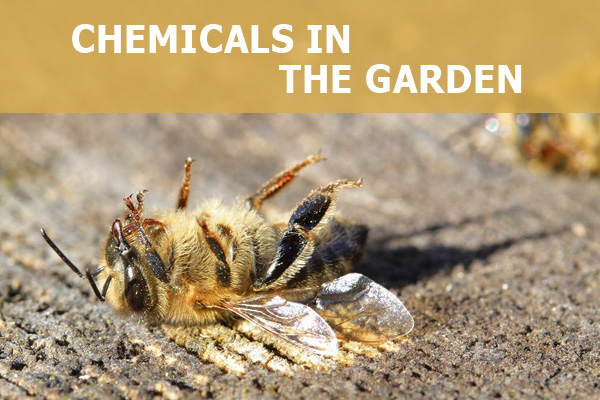Projects
ASCEND Pilot Projects – Overview
| Ecological health focuses on the interactions of all living organisms (including humans) and their biophysical environment.
Microorganisms like bacteria and fungi provide many key opportunities for a more sustainable future. They can help take carbon out of the atmosphere and store it in the soil, protect plants from diseases and droughts, break down environmental pollutants, and limit the spread of infectious diseases. The ASCEND Initiative focuses on those ecological interactions and on developing actionable solutions by analyzing and applying microbial-based and ecosystem dynamics in collaboration with the Nashville community. |
 |
Ways to Participate
Resources and opportunities for participation are indicated via colored icons for each project below.
The ASCEND Initiative was launched in July 2020 is currently building exciting science kits, educational resources, and citizen-science projects. We are adding resources and participation opportunities as we continue to grow. If you are a Middle Tennessee resident and would like to know about and participate in future ASCEND science opportunities, we encourage you to sign up for Volunteer Alerts.
|
|
|
|
|
|
Project Inventory

|
“Soil Microbes and Climate Change” ProjectSoil microbes affect climate change and opportunities exist to better understand their influence on how is carbon absorbed and stored in the soil and how they are in turn influenced by different environmental factors (Cavicchioli et al., Nature Reviews Microbiology, 2019). We will focus this pilot project on: (1) Developing a soil health sampling and analysis kits, (2) building a knowledge base and tools to aid citizens in improving the carbon sequestration potential in their backyards and communities; and (3) developing at-home science kits to demonstrate soil and microbial processes important to the project. Participate in our “Soil Your Undies” Challenge Learn about soil health Learn about climate change |

|
“Nashville Biodiversity” ProjectBiological diversity and abundance is important for a variety of ecosystem functions. We want to quantify and raise awareness of the effects of mammal biodiversity in the Nashville area, and investigate a possible association of wild mammals, soil microbial diversity, and carbon sequestration, as has been shown in research in tropical forests (Sobral et al., Nature Ecology & Evolution, 2017). For this pilot project, we intend to collect data on five fronts: (1) camera-traps placed in Nashville parks and citizen scientist’s backyards to determine and quantify wild mammals; (2) mappings of Nashville land-use and -cover, human density, tree cover density, water etc. to associate with camera trap data; (3) sampling, testing kits and protocols for soil and animal droppings analyses; (4) surveys of distinct Nashville neighborhoods to assess how they value native wild mammals; and (5) educational resources about Nashville mammals and their importance. |

|
“Chemicals in the Garden” ProjectUrban pesticide use has significant negative effects on human, watershed, and environmental health. It also poses significant risks to insect populations whose health is essential for ensuring vital ecological functions like pollination, supporting other species via interdependent food webs, and who are already under increased threat by climate change (Sánchez-Bayo et al., Biological Conservation, 2019). This pilot project will develop: (1) A survey, focus group tools, and interview protocols for assessing pesticide use practices by Nashville residents; (2) citizen science tools for monitoring and recording insect diversity in backyards and home gardens; (3) insect sampling kits and protocols to collect information on insect health and chemicals found; (4) informational resources on urban pesticide alternatives; and (5) community collaborations to test, educate, and implement alternatives. |











